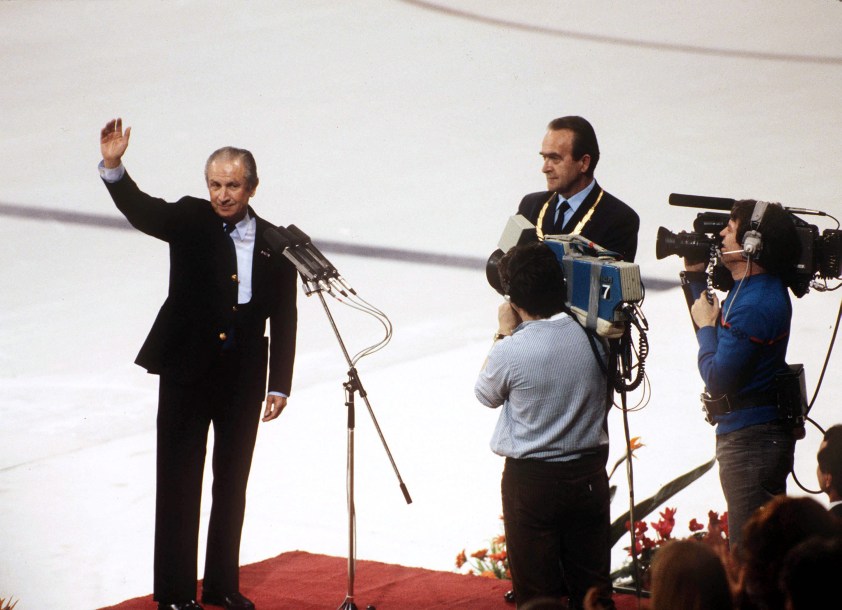COC Saddened by Loss of Olympic Visionary
Juan Antonio Samaranch Dead at 89 Years of Age
The Canadian Olympic Committee (COC) is saddened by the death of a trailblazing Olympic builder, Honorary President of the International Olympic Committee (IOC), Juan Antonio Samaranch. He passed away today in Barcelona at the age of 89.
“This is indeed a very sad day for the Olympic Movement throughout the world,” said COC President Michael Chambers, who was in Lausanne on IOC business when news of Mr. Samaranch’s passing was announced. “Mr. Samaranch came to the Office of President of the IOC in 1980 with the organization in crisis, confronted and challenged by the 1980 boycott of the Moscow Games. He left the Office of President in 2001 having led the IOC to a level of financial and brand strength, inclusiveness, universalility, and interest in the Olympic Games, both Summer and Winter, that the IOC had never before achieved. His lifelong dedication to Olympism leaves a legacy that will continue to benefit the Games and Olympic Movement for generations to come.”
IOC President for 21 years, Samaranch maintained the high Olympic Games quality through the 1980 and 1984 Games, which were strained by boycotts. In a life dedicated to sport, Samaranch led the charge in improving the financial health of the Olympic Movement, facilitating the inclusion of women in the IOC, negotiating television rights and increased sponsorship, creating the Court of Arbitration for Sport, and giving athletes a voice through the IOC Athletes’ Commission.
“Mr. Samaranch will always be remembered as one of the foremost architects of the modern Olympic Movement,” said COC President-Elect Marcel Aubut. “He helped bring the Olympic Games to new heights while making the IOC a proud and passionate leader for the world’s high performance sport.”
A native of Barcelona, Samaranch was a diplomat and sports administrator prior to his term as IOC President. Among other roles, he was president of Spain’s Olympic Committee and of the Spanish Skating Federation, as well as the country’s Chef de Mission at the 1956, 1960 and 1964 Olympic Games.




